Honoring food justice leaders during Black History Month
February 8, 2024
During Black History Month, we want to celebrate and spotlight the legacy of Black activists who led national efforts for food justice with lasting impacts on children and adults. The often-vilified Black Panther Party, civil rights leaders, and other advocates catalyzed changes in U.S. public policy to better address hunger in communities – particularly for people of color who were systematically excluded and discriminated against, causing them to endure unjust hardships because they were not white.
Did you know that the Black Panthers established the first free breakfast program for children? Here’s a little bit about how their community-driven response influenced significant reform of our national school meal programs.
Panthers expand free breakfast for children program, October 1970 (Credit: Washington Area Spark)
Initially formed to address police oppression in Oakland, California, the Black Panther Party also advocated and addressed other issues affecting their communities, including poverty and hunger. Of the Black Panther’s 64 community programs, food access and food justice were included in each one.
At that time in the 1960s, the National School Lunch Program only provided reduced-price lunches for students and the National School Breakfast Program was only available in a few rural schools. Without consistent access to needed food, too many Black children were struggling to focus and learn in school since they were hungry.
Working with the local community in Oakland, the Black Panther Party introduced a free breakfast program at a church in January 1969. By year’s end, 23 chapters of the Party implemented the program within their towns and neighborhoods. Using a community-based model, they relied upon local churches, businesses, and organizations to provide space for hosting the free breakfast sites, along with nutritious food to serve the students. In 1969 alone, the Black Panthers’ program ensured more than 20,000 children across the nation had breakfast before school.
The free breakfast program continued to gain popularity, with more sites opening across the U.S. and increased national attention due to its effectiveness in filling children’s bellies before school. Capitalizing on its success, the Black Panther Party, civil rights leaders, and other Black activists continued to advocate for broader reform and paved the way for significant and long-lasting changes in school meals. In 1975, Congress authorized the expansion of the National School Lunch Program to include free lunches, in addition to making the School Breakfast Program available at all public schools.
Their steadfast and successful efforts now mean that more students – regardless of race, ethnicity, zip code, or socioeconomic status – have access to school food that will fuel their minds and bodies for a day of learning. Power to the people.
Want to learn more about the role of Black advocates and activists in the food justice movement, particularly around expanding school meals? Here are some resources:
Black Panther Party's Free Breakfast Program - BlackPast.org
How Black activists spurred the U.S. government to expand school meal programs, addressing child hunger and boosting future productivity - Equitable Growth
The Radical Origins of Free Breakfast and the Food Justice Movement - The Aspen Institute


